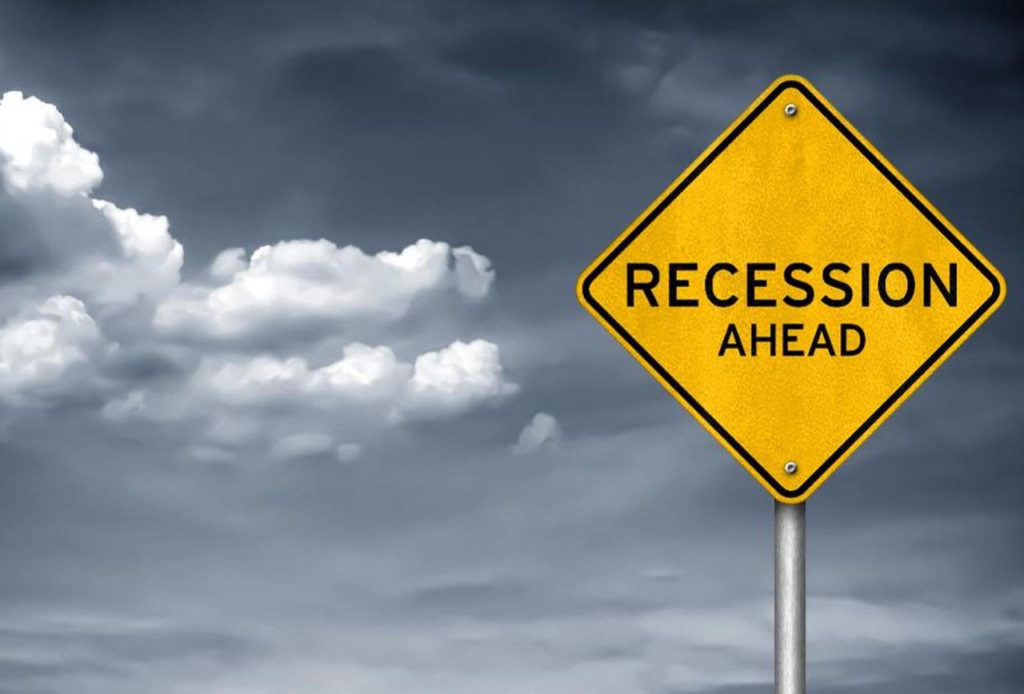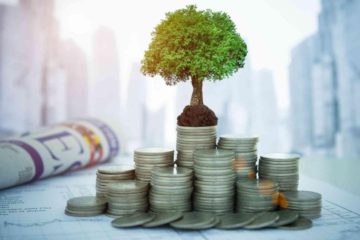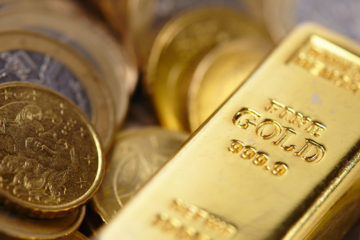
Recession is one of those words that no one likes to hear. But experts say that we will have a recession in 2020, and here is why they are not wrong this time.
Every year since 2016, experts at some of the world’s largest analytical groups, think tanks, or investment banks, have said that we are heading for a recession. Obviously, this has not come true for the past 4 years, but this time, they are right!
What are the likely causes of a recession in 2020?
There are an abundance of factors that could cause a recession in 2020. It could be that just one factor causes a recession in 2020, or it could be a multitude of factors that lead to the recession in 2020!
1. The stock market is at its highest in history
A key indicator that there is a recession coming, is the stock market. Or more accurately, how high the stock market is.
At the moment, the stock market has never been higher. It is higher than it was before the Dot com boom, it is higher than it was before the Great Recession, even higher than it was before the Great Depression!
This means that we are certainly heading for a recession, as no market can consistently go up, year after year, after year. At least, not as much as the stock market is at the moment!
Every day that there is not an economic crash, is another day longer to the record, not to mention a complete miracle!
Almost all US stocks (those that are on the NYSE and the NASDAQ) have hit record highs since start of 2019!
2. We are long overdue a recession
We should get a recession in 2020 as we are long overdue one.
Every five to seven years, it is expected that we have a recession, this has not happened as of yet.
The last recession we had was the Great Recession, which started in 2007 and ended in 2009 (although the ripple effect from the Great Recession carried on until 2013).
Simple maths dictates that we should’ve had a recession between 2014 and 2016/2017. Yet this didn’t happen, something that has even baffled Warren Buffett!
Warren Buffett hasn’t invested in a stock since 2016! If Warren Buffett believes that any day now, we are due a recession, so should you!
3. American trade wars
Donald Trump is attempting to “Make America great again!”
In order for him to do this, he has levied new tariffs on foreign-made goods. This has largely affected Chinese-made goods, and has caused the Chinese goverment to respond with their own tariffs on American-made goods.
This has obviously caused a lot of uncertainty in the market.
Trump responded to the tariffs on American-made goods with more tariffs on Chinese-made goods in particular. Mainly, the taxation of steel, which is one of China’s largest exports to the US.
China is responding with more tariffs on American-made goods, as well.
This is a very legitimate reason as to why there could be a recession in 2020, it could only take another round of tariffs for either the US or Chinese manufacturing industries to collapse.
4. China
China is the world’s second largest economy, at $12.24 trillion, only behind the US at $19.39 trillion.
China’s economy has grown by unprecedented amounts each year, since the 1980’s.
Now, China’s economy is beginning to slow. This can mean one thing: there will be a recession in 2020.
If the Chinese economy collapses, so will many economies in both Asia and Oceania, including the Philippines and Australia- both key US allies in the region.
Although, it must be stated that China’s economy is only slowing, and the economy is not yet (at least) in a recession.
5. American presidential race
Most of the time, a change in leadership of one of teh world’s largest powers causes some movement in an economy, but not a recession. But the 2020 presidential race is much different.
In 2020, there are two socialists running for president, both with a good shot of getting elected.
Whilst I don’t wish to get into the merits of socialism and capitalism, an openly socialist president of the US, will cause a lot of movement in the market.
This is especially so if Elizabeth Warren gets into power, as she wants to bring in a wealth tax, which could cause many wealthy families to sell some stocks in order to get out of the US.
This could then cause the Domino effect, which could cause a stock market crash and a recession in 2020.
6. Brexit
This is by far the one I feel is the most likely (or maybe that’s just because I live in the UK).
I am surprised that the uncertainty surrounding Brexit hasn’t caused a recession in the rest of Europe, or Britain for that matter!
I believe that once Britain leaves the EU in the new year, there will be a recession in 2020, first taking hold in Britain and the EU, and then have a knock-on effect onto other countries such as Canada and the US.
This could then create a recession that could even rival that of the Great Recession or Great Depression!
7. We could be in a recession and not even know it!
You are probably thinking “That’s not possible, surely we’d know!” But the truth is that you wouldn’t.
The definition of a recession is: “Two consecutive quarters of GDP loss.”
This means that for almost six months, you wouldn’t necessarily know that we were in a recession.
Many countries around the world are currently in a recession, or have recently found themselves in a recession. Countries such as: Hong Kong (not a country, I know, but it very much operates as a sovereign state), Italy and Germany, have either found themselves on the brink of recession, in a recession, or both, in the past year!
The UK, Canada, Australia and the US are all countries that are near/at the brink of recession!
This means that a recession in 2020 is highly likely as we could see just a slight change in the economy, such as the presidential race in the US, could tip the economy over the edge into a recession.
Do you think there will be a recession in 2020? When in 2020 do you think it will come? Tell me in the comments!


